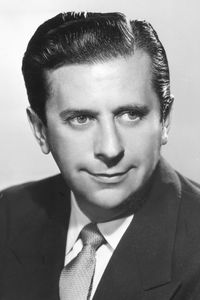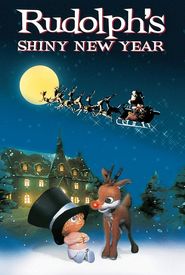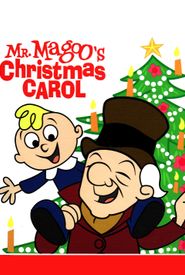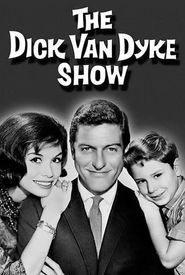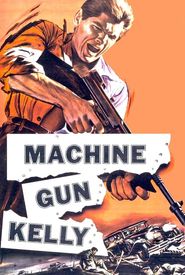Born in Chicago, Morey Amsterdam began his career in the entertainment industry at the tender age of 14, serving as a straight man for his piano-playing brother in the world of Vaudeville. His father, a concert violinist who had worked with the Chicago Opera and the San Francisco Symphony, had initially hoped that Morey would follow in his footsteps and pursue a career in classical music. However, Morey had other plans and instead decided to forge his own path.
By the time he was 16, Amsterdam was already working at a Chicago speakeasy owned by the notorious Al Capone. When he found himself caught in the middle of a shootout at the club one fateful night, he decided that it was time to seek safer bookings. He made the move to California, where he began to make a name for himself as a writer and gag man for a variety of stars, including Fanny Brice, Jimmy Durante, and Will Rogers.
As his career continued to flourish, Amsterdam earned the nickname "The Human Joke Machine" due to his incredible ability to tell a joke about any subject on request. He became a staple on the radio, where his humor brought him both fame and notoriety. He also worked as a songwriter, penning such classics as "Why Oh Why Did I Ever Leave Wyoming?" and "Rum and Coca-Cola".
By the 1940s, Amsterdam had established himself as a radio personality, hosting three different daily shows and earning the praise of comedian Fred Allen, who joked that the only thing he could turn on without getting Amsterdam was the faucet. In 1948, he began hosting his own variety show, "The Morey Amsterdam Show", which ran until 1950.
Amsterdam's next big break came when he became the host of the talk show "Broadway Open House", which served as the precursor to NBC's "The Tonight Show" in its various forms. However, it was his role as the wisecracking comedy writer "Buddy Sorrell" in the classic sitcom "The Dick Van Dyke Show" that would bring him his greatest fame. Alongside Rose Marie and Dick Van Dyke, Amsterdam played the part of a writer for the fictional TV variety show "The Alan Brady Show", a role that would cement his place in the annals of television history.
After "The Dick Van Dyke Show" came to an end in 1966, Amsterdam continued to work in the entertainment industry, playing nightclub dates and making guest-star appearances on a variety of TV shows. His film career was marked by a series of small roles in films such as "Beach Party" and "Won Ton Ton: The Dog Who Saved Hollywood", although he did produce and star in the comedy "Don't Worry, We'll Think of a Title" in 1966.
